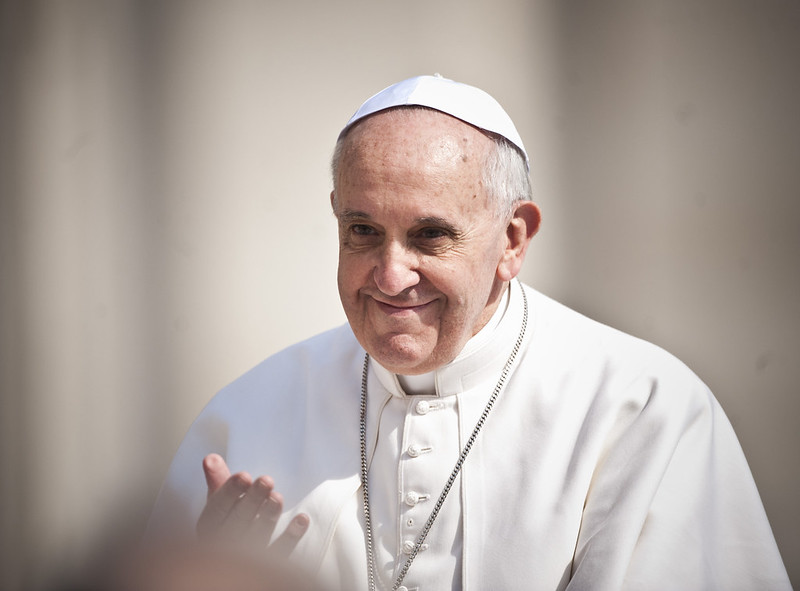Reuters | August 9, 2022 |

(Image courtesy of Catholic Church England and Wales | Flickr.)
Pope Francis will install the first cardinal of Brazil’s Amazon region this month in a sign of his concern for the rainforest and its indigenous inhabitants, the man whom he picked for the role said.

Dom Leonardo Steiner, archbishop of the Brazilian city of Manaus, said in an interview that Francis, the first pope from Latin America, is worried about deforestation, threats to indigenous cultures and pollution of rivers with mercury used by gold miners in the Amazon.
“The naming of a cardinal of the Amazon shows the pope’s desire to bring the Church closer to the Amazon,” Steiner said last week.
Steiner will be among 21 new cardinals that Pope Francis will appoint on Aug. 27 in a ceremony known as a consistory.
Illegal logging and mining in the Amazon has surged under Brazil’s far-right President Jair Bolsonaro. His government has also opened the door to more evangelical missionaries in the region.
Steiner said indigenous communities complain that the evangelical missionaries often undermine traditional rituals, songs and even their languages.
“That often results in the uprooting the culture of indigenous peoples and their different way of looking at the world,” Steiner said.
The Catholic Church was guilty of this in the past but now defends the preservation of indigenous cultures, he said.
Steiner highlighted the pope’s public apologies in Canada last week for sexual abuse at now-closed schools for indigenous children run by Catholic orders.
“We must ensure the indigenous people don’t lose their roots and always drink from their own fountains,” he said.
Francis held a synod, a session of consultation and dialogue, on the Amazon in 2019. In June, he met at the Vatican with the bishops of Brazil’s Amazon states along with priests, nuns and lay people from the region.
The pope encouraged them to engage with local communities, Steiner said, including original inhabitants of the forest and tribes that have had little contact with the rest of Brazil.
(By Bruno Kelly and Anthony Boadle; Editing by Cynthia Osterman)
No comments:
Post a Comment